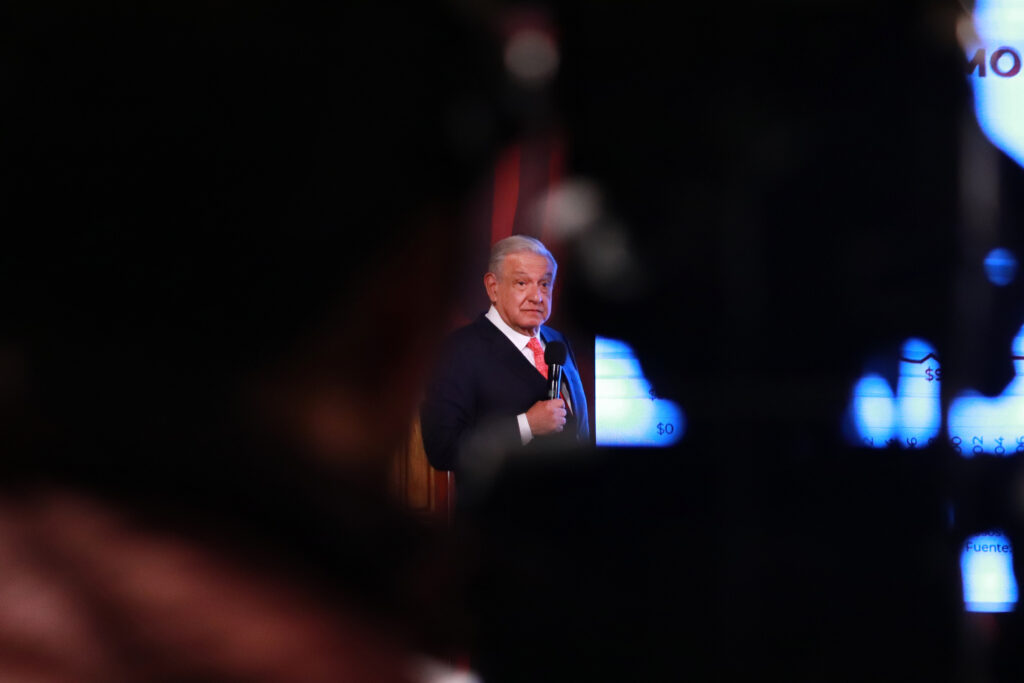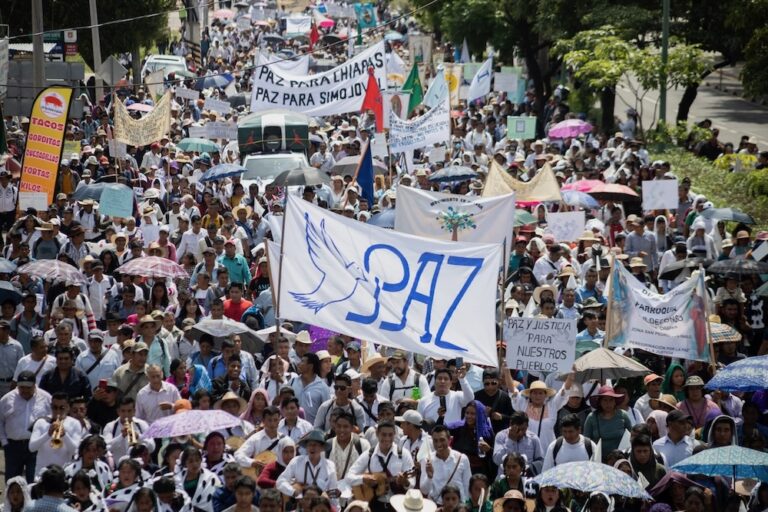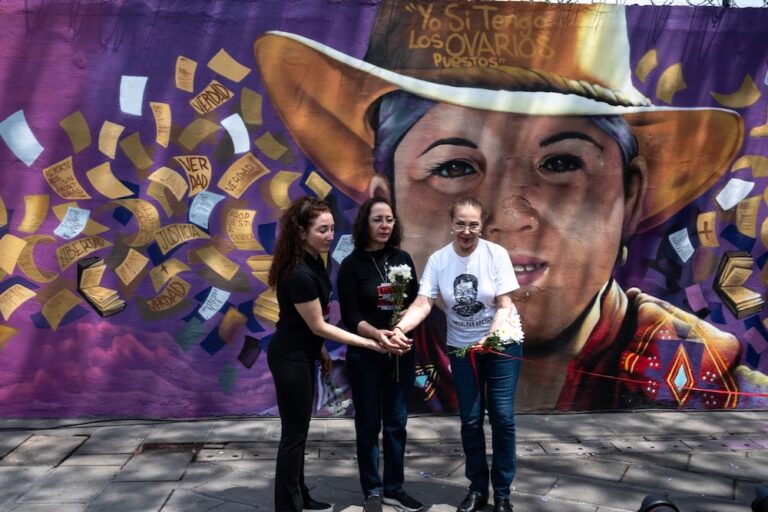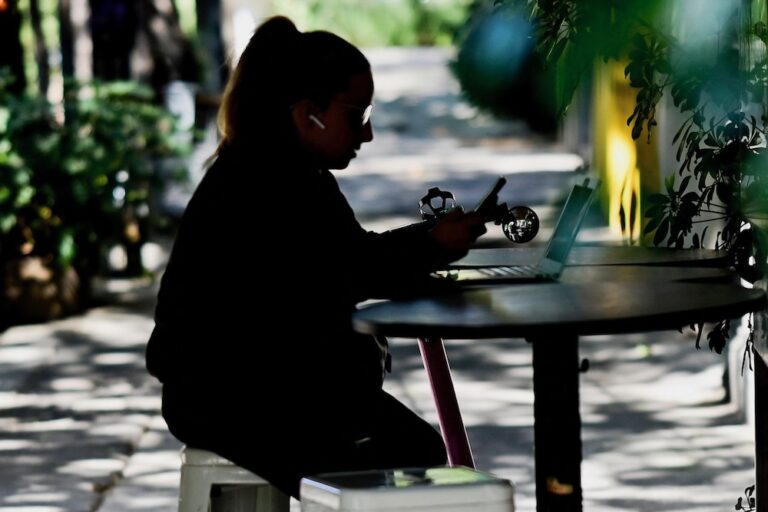During a recent press conference, the president showed screen captures of an email sent by "The New York Times"' Mexico bureau chief, Natalie Kitroeff and read out her cell phone number.
This statement was originally published on cpj.org on 23 February 2024.
Mexican president Andrés Manuel López Obrador must refrain from publicizing the personal information of journalists and respect privacy laws in the most dangerous country for journalists in the Western Hemisphere, the Committee to Protect Journalists said Friday.
On Thursday, López Obrador responded to a request for comment during his daily press conference in Mexico City on a New York Times’ report that U.S. law enforcement officials had spent years informally investigating allegations that his allies had accepted millions of dollars from drug cartels – something López Obrador has vehemently denied.
During the press conference, the president showed screen captures of an email sent by The New York Times’ Mexico bureau chief, Natalie Kitroeff and read out her cell phone number. The next day, López Obrador defended his actions, stating that publicizing Kitroeff’s contact information was “not an error” and claiming that his “moral authority is above the law.”
Divulging such information is in violation of Mexican privacy and protection of personal data laws, which are overseen by the National Institute for Transparency, Access to Information and Personal Data Protection (INAI). That same day, the INAI said in a statement that it had opened an investigation into the matter.
The New York Times called López Obrador’s action “a troubling and unacceptable tactic from a world leader at a time when threats against journalists are on the rise.”
CPJ has reported on numerous cases in which journalists in Mexico, both domestic and foreign, have been subjected to threats and harassment via messages sent to their personal and work phones. Such threats and intimidating messages, often sent by members of organized crime groups and public officials via messaging apps, have a profound impact on both the reporters’ private life and their capacity to carry out their work as journalists.
“It is unacceptable and dangerous that Mexican president Andrés Manuel López Obrador reveals the contact information of a reporter in response to critical questions asked of his administration by her outlet,” said Jan-Albert Hootsen, CPJ’s Mexico representative. “In the deadliest country for journalists on the Western Hemisphere, where the vast majority of crimes against the press linger with impunity, reporters are constantly subjected to threats sent to their personal communication devices, with few, if any, of those threats ever properly investigated.”
According to CPJ research, at least 17 journalists have been murdered in Mexico in direct relation to their work since López Obrador assumed office on December 1, 2018. CPJ is investigating another 27 killings of reporters during that period to determine the motives behind their deaths.
A request for comment by CPJ via messaging app to López Obrador’s office has not received a reply.



